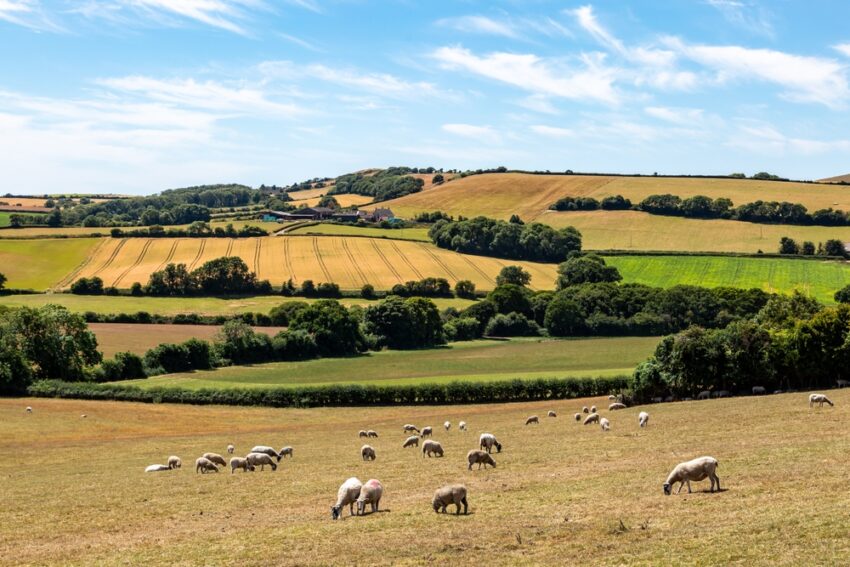Key Takeaways
- Wild Bioscience raised £45 million in Series A funding led by the Ellison Institute of Technology to enhance AI-driven agricultural practices.
- The company’s innovative platform focuses on genetic insights from wild plants for improved crop resilience and productivity.
- Funding will accelerate the development and market rollout of sustainable crop varieties, crucial in addressing climate change impacts on agriculture.
Funding to Transform Agriculture
Agricultural technology startup Wild Bioscience has successfully secured £45 million in Series A funding, primarily from the Ellison Institute of Technology (EIT), founded by Oracle Chairman Larry Ellison. This investment, which also includes support from Oxford Science Enterprises and the University of Oxford, aims to advance the company’s mission of revolutionizing agriculture through AI-based genetic discovery and precision breeding.
Ellison emphasized that the partnership aligns with his vision of leveraging data and science to tackle global challenges, stating, “Wild Bio is using AI to better understand the lessons learned over millions of years of evolution encoded in plant genomes.” The company’s innovative methods allow for the development of crop varieties that promise higher yields and increased climate resilience, with the ultimate goal of improving global food security.
Established in 2021 by Dr. Ross Hendron and Professor Steve Kelly at Oxford, Wild Bioscience decodes genetic information from wild plant species. By translating centuries of natural evolution into actionable insights, the startup identifies genetic innovations that can enhance crop productivity and resilience, guiding precision breeding for high-performance seeds.
What distinguishes Wild Bio is its advanced computational biology and AI toolkit, which enables large-scale mapping of plant evolution. Currently, the company is conducting field trials across four countries, testing enhanced versions of staple crops under diverse climatic and soil conditions.
Dr. Hendron remarked on the cooperative effort required for scalable agricultural advancements, expressing gratitude to EIT and the existing investors. “To achieve meaningful, scalable impact, we need investors who share that vision,” He said. The funding is expected to bolster the company’s research and development, strengthen relationships with seed developers and farmers, and accelerate the introduction of market-ready crops.
Professor Kelly noted the synergy created through this partnership, suggesting it will enhance sustainability in agriculture. “Together, we can reshape sustainable agriculture on a global scale,” he stated, highlighting how this collaboration will expedite the market introduction of breakthrough technologies aimed at improving crop yields and resilience.
As climate change continues to affect traditional agricultural practices, the demand for climate-smart crops is growing. Wild Bio’s data-centric approach will help shorten breeding cycles and reduce reliance on genetic modification, providing farmers with crop varieties designed to withstand drought, heat, and disease while simultaneously boosting yield.
With the backing of Ellison and Oxford’s scientific capabilities, Wild Bio is poised to transition from field trials to full-scale production, a move that could significantly influence the future of sustainable farming.
The content above is a summary. For more details, see the source article.















